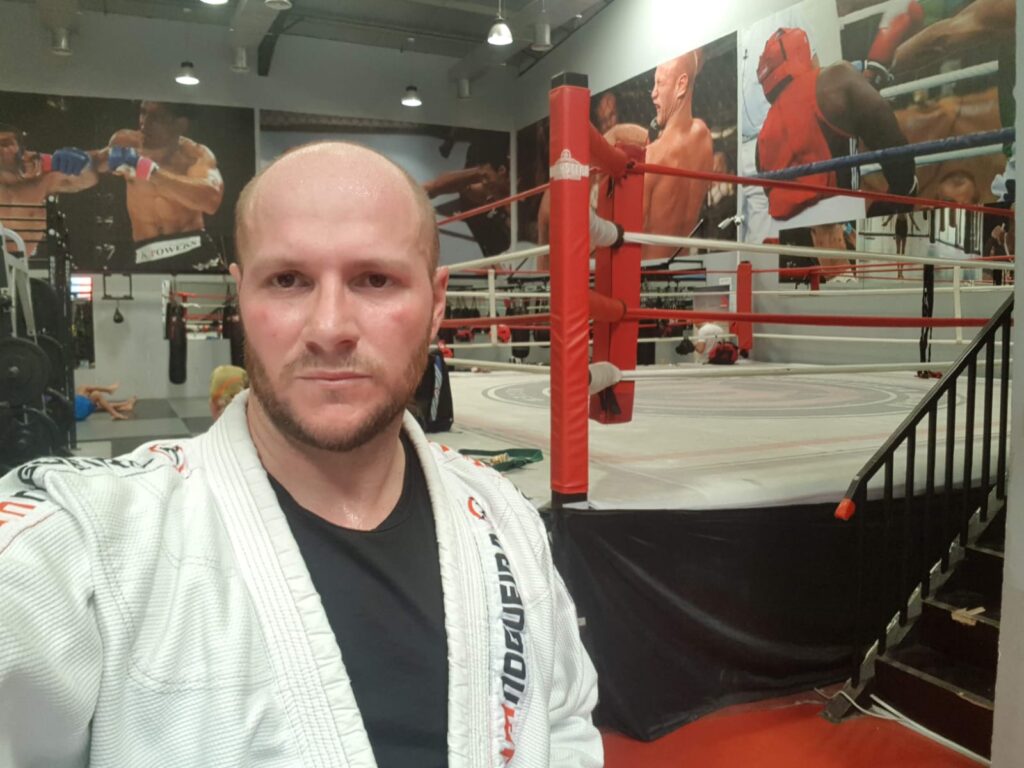Unlocking Happiness: How Exercise Transforms Mental Health – A Personal Trainer’s Insight



As a wellness enthusiast and dedicated personal trainer, I’ve always firmly believed in the transformative power of physical exercise, not just for the body but for the mind as well. Today, I want to share with you how physical activity has a profoundly positive impact on mental health, based on both my personal experiences and solid scientific research.
Exercise is more than just a routine or an obligation to keep fit; it’s a powerful natural antidepressant that can significantly improve our quality of life. Time and again, after stressful days or periods of emotional discomfort, I’ve found refuge and relief in my workout routine. This experience isn’t unique but is supported by extensive scientific literature highlighting how physical activity positively affects mood, reduces stress, anxiety, and symptoms of depression.
The Impact of Exercise on Mood
One of the immediate effects of physical exercise is the increase in neurotransmitters, such as endorphins, known as the “happiness hormones.” These natural chemical compounds are responsible for the euphoria often described as the “runner’s high.” But beyond this momentary effect, regular physical activity contributes to long-term mood improvement, effectively combating depression and anxiety.
Reducing Stress and Anxiety
Physical exercise acts as a natural antidote to stress, reducing cortisol levels, the stress hormone, in our bodies. Personally, I’ve noticed how regular workout sessions have not only lowered my perceived stress level but also improved my resilience to daily challenges. Physical activity also promotes better sleep, crucial for a rested mind and less prone to anxiety.
Fighting Depression
Research has shown that physical exercise can be as effective as antidepressant medications in some cases of mild to moderate depression, without the side effects associated with these medications. Regular training stimulates the release of growth factors in the brain that can help improve brain function, promote the growth of new blood vessels in the brain, and increase the volume of brain areas responsible for mood regulation.
My Personal Approach
In my journey as a personal trainer, I always encourage my clients to find a physical activity they love, emphasizing that the main goal is to move and enjoy the mental benefits that result. Whether it’s walking, running, cycling, doing yoga, or lifting weights, the important thing is to be consistent and make physical exercise an integral part of your daily routine.
Physical exercise is a powerful tool for improving mental health, offering an accessible and natural path to emotional well-being. Through my experience and scientific evidence, it’s clear that integrating physical activity into our lives can positively transform not just our bodies but also our minds. The journey towards a happier and healthier life starts with just one step







